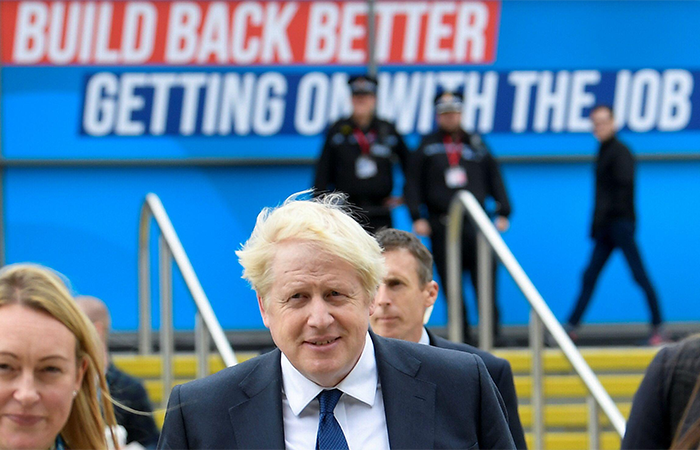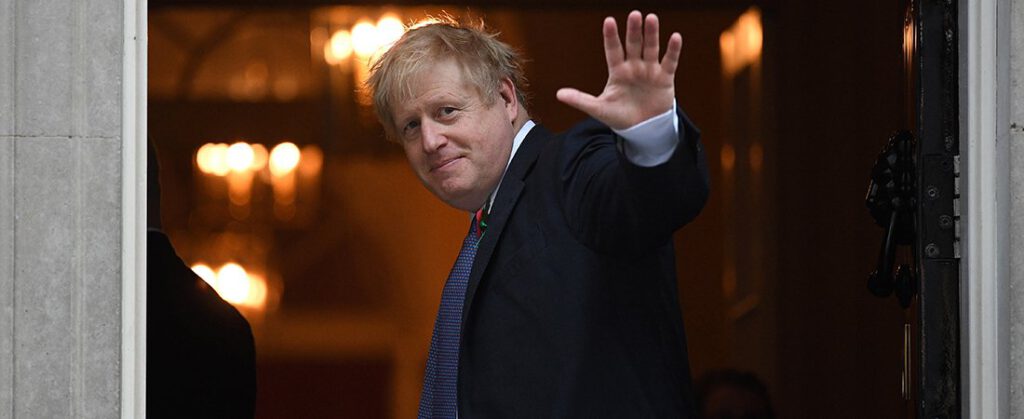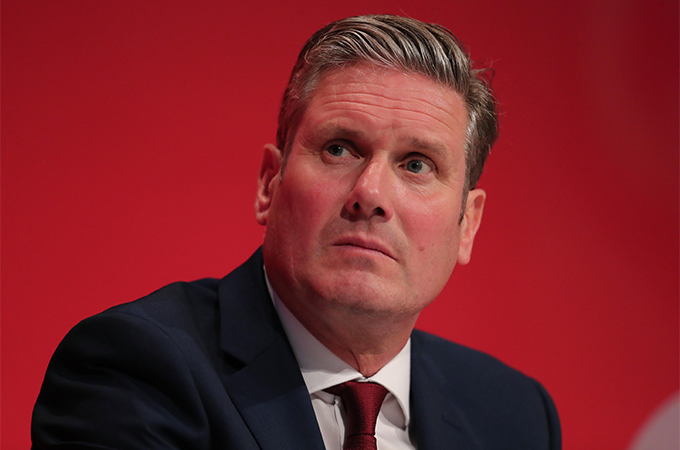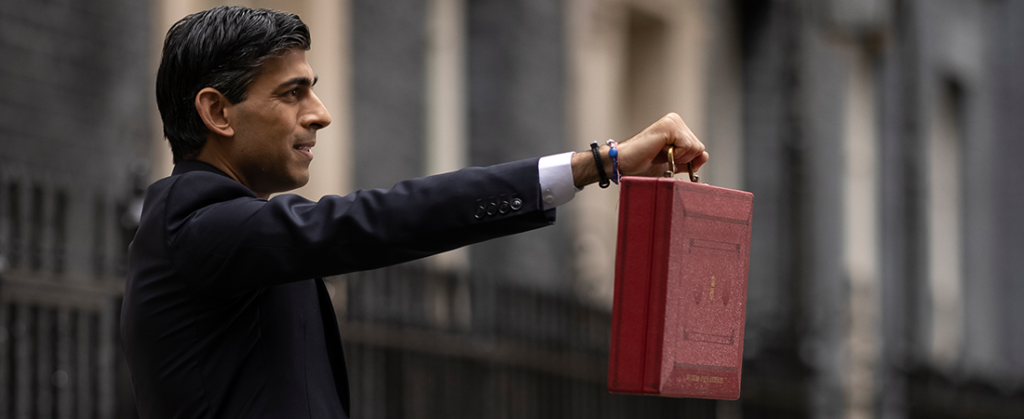If you attended Conservative Party Conference this week, you would be forgiven for thinking the pandemic was long behind us.
Gone were the masks, hand sanitiser and any notion of social distancing. The mood was akin to a reunion, with many colleagues and contacts delighted to be back together after months of virtual meetings.
The messaging too was forward-looking, focused on the challenge of rebuilding the economy in a way that benefits the whole country.
This was Johnsonian boosterism at its bluntest and the ministerial team were – on the whole – very disciplined in sticking to the party line. ‘Build back better’ and ‘levelling up’ are vague slogans but that means they can be applied to all manner of departmental remits. Any lingering divisions remained well hidden post-reshuffle, even if the Cabinet’s leading lights continue to flex their muscles, reaching out to the membership to prove they have the star quality to succeed when the time comes.
MPs elected to the Red Wall seats are delighted that Michael Gove has been appointed to the renamed Department for Levelling Up, Housing and Communities. They believe that his reforming energy will mean concrete steps are now taken to rebalance the UK, starting soon with this Government’s second attempt at a shake-up of the planning system. Many are also looking ahead to the levelling up white paper, expected around the time of the Budget later this month.
For members worried that this means the Conservative Party is turning away from its traditional supporters in the South, Party officials are keen to present the Prime Minister’s focus as an extension of the Government’s agenda, rather than a shift in priorities. They also say the Prime Minister is widening his stance over the political spectrum in an effort to own issues ranging from law, order and lower immigration, to digitising the health service and increasing teachers’ pay.
In his speech today Boris Johnson set out the need for a new economic model. One less reliant on immigration and driven instead by higher wages, paid for higher skilled jobs.
He implicitly criticised former Prime Ministers from both parties for too much “drift and dither”, rather than making the economic changes that are necessary. And in a crowd-pleasing favourite, noted that Mrs Thatcher would not have shied away from taking radical steps to correct the public finances post-covid.
The broad vision set out today is the start of what the Prime Minister hopes to present to the country at the next election. In terms of fleshing out the slogans though, there wasn’t much on offer from the last four days. As part of levelling up, Johnson argued that no one should have to relocate within the UK in order to achieve their potential. Some noted it was therefore ironic that many staff at Conservative Campaign Headquarters are choosing to leave their jobs rather than move to the party’s new outpost in Leeds.
Of course, with a Budget, a three-year spending review and various white papers all expected by the end of the month, today’s speech was less about policy announcements than direction-setting and enthusing the Party faithful. The Prime Minister’s team are confident it achieved its somewhat modest aims and saw no need to focus on the emerging cost of living crisis, or continuing supply chain shortages.
But sooner or later, slogans will need policy content. Pay was a constant theme in ministerial speeches and with the Low Pay Commission reporting on the minimum wage in the next couple of weeks, we can surely expect an uplift there. Similarly, infrastructure spending in the North and the roll out of high-speed broadband are both likely to be priorities. There is also due to be a Net Zero Strategy released shortly, to tie in with the commitments the UK will make at the COP26 summit next month.
The wider attack on low paid work also signals a change in tone from the Conservative Party. For larger businesses, there is a strong sense that measures are being considered that will add to their costs in future – not least in asking them to do more to upskill their workforces.
Further tax rises have also been hinted at, with the digital sector yet again seen as a popular target. More detail on a potential Online Sales Tax to run alongside a reformed business rates system is expected this month as well. For the minute, these measures are politically popular and it will be important for companies to actively engage with policy proposals to avoid unintended consequences.
With this conference, the Conservatives sought to regroup the Party and point them towards an ambitious destination. We are yet to see the roadmap to reach it, or how difficult the journey might be.





